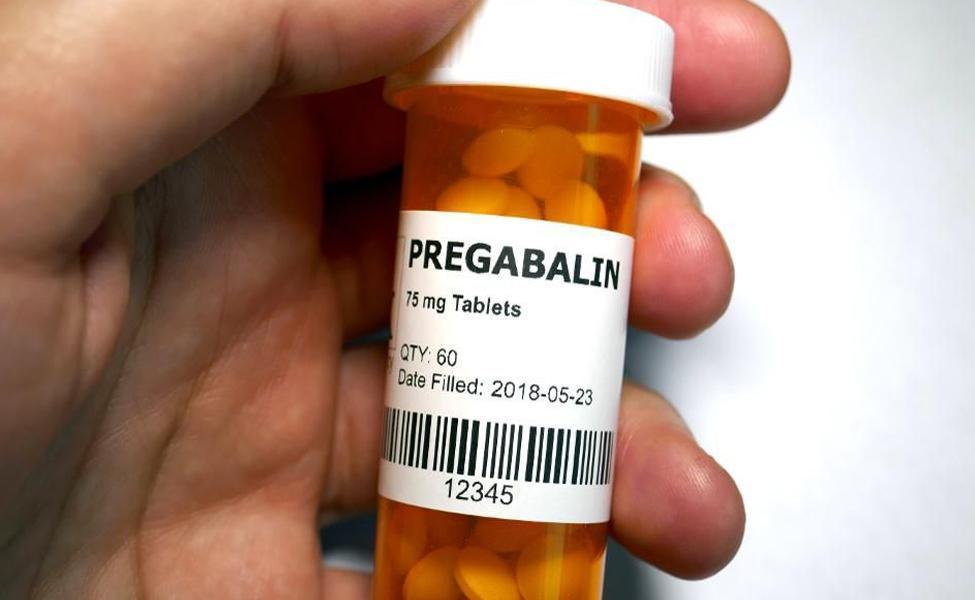When clinical trials are marketing tricks, not science

Ideally they go through three phases of clinical trials:
- Phase I assesses safety and efficacy
- phase II test
- Phase III studies the effects of the drug randomly su a large number of patients (ideally hundreds or thousands).
There are, of course, many thousands of Phase III clinical trials in progress, but being able to bring a drug to market without satisfactory completion is becoming more common, despite many tests is show that drugs can still be considered ineffective or harmful In this sentence.
The example they used is strong: Pregabalin, known under its brand name Lyrica, is one of the best-selling drugs in the world. A Pfizer product has been around since 2004, when it was approved for the treatment of fibromyalgia and pain associated with diabetes nerve damage, although it is now commonly prescribed for the treatment of all types of acute and chronic pain and serves as an alternative to more addictive opioid painkillers. Despite the studies show that it may not be very effective in the treatment of these types of pain, it is now on the list of medications commonly used.

Photo credit: Getty
Since Lyrica, as indicated by users, can produce feelings of relaxation and moderate euphoria, it can also be an easier alternative to find than benzodiazepines which are increasingly regulated, such as Xanax. And yes, i doctors have used off-label Lyrica to treat anxiety disorders generalized, despite the fact that side effects can include worsening depression and anxiety. È It has also been linked to fatal and suicidal overdoses in Australia.
When McGill researchers took a closer look at Lyrica's history to understand the popularity of off-label uses, they found that doctors and creators of clinical guidelines often relied on published studies that were not rigorous enough to demonstrate effectiveness. Some, for example, suggested that Lyrica could be used to treat low back pain. Despite the weakness of the tests, doctors felt confident enough to start prescribing it. It took years for other studies to be published showing the ineffectiveness of the drug for the treatment of sciatica and chronic low back pain.When no timely follow-up is performed on these small and inconclusive studies, unsupported hypotheses and weak evidence become the best information available to prescribers. The influence of those previous studies, the difficulty of keeping up with the latest research and the role of anecdotal evidence or reports from dishonest patients means that new research does not necessarily change old habits.
McGill researchers also warned that if these studies are not followed by confirmatory studies (i.e. rigorous, repetitive, and Phase III studies), health professionals who draw on this literature may be convinced that a drug could be clinically useful. This is known as "clinical agnosticism"and facilitates the approval of the off-label prescription.
"... because the drug can be legally used off-label, there is nothing to stop people from using an ineffective drug. And there is very little pressure on companies (or anyone else) to follow a phase 3 study that confirms the effectiveness shown in previous exploratory studies "
It combines failed but published research with desperate patients and multimillion-dollar Big Pharma marketing campaigns and it's easy to see how we ended up with a system where patients and insurance companies pay out billions of dollars for unapproved treatments, some of which they leave people worse from side effects.But it's not just patients looking for remedies and the finance-oriented industry that pushes this system. Academic researchers seeking publications are also part of the problem. Kimmelman notes that:
"It is important to keep in mind that the dynamics we publish in our article are the result of decisions made not only by pharmaceutical companies, but also by academic researchers"
This sentiment is echoed by Carole Federico, a PhD and McGill student and co-author of the article:
Conversations about the role of regulation are often politicized. There is truth in stating that regulation can slow down innovation, but it is certainly the case that the regulatory process requires rigorous research that prevents us from selling dangerous and ineffective products from companies looking to make money fast . Unrestricted innovation might look great if you own a company's stock, but not as much if you're the one who expects to get results.
There is no one who claims that our current medical system is perfect, but it allows us to examine the interventions that are offered to us. And, theoretically, the more curious we become, the more our doctors will expect smart questions and be ready to answer them. There are some useful questions you can ask before trying a new prescription, for example: "Has it been approved to treat my specific ailment?"; "If not, have you read the studies on off-label uses?"; "If so, did you read if they were rigorous enough to produce statistically significant results?"; and "Are side effects worth the potential risk?"
These are fairly standard things to ask, and even if a patient is not interested or knowledgeable about statistical analyzes, it doesn't hurt to ask a doctor if he or she knows something about whether the research is current and convincing.
Ethics experts have long warned that conducting studies for the sole purpose of influencing the doctor's prescribing behavior undermines the whole research process and increases distrust of scientists.
Kimmelman and Federico are also co-authors of a document in the 2017 published in Nature on the lack of rigor in researcha performed before some human clinical trials are approved. In that piece, Kimmelman pointed out that:
"Commercial interests and hope alone cannot be trusted to ensure that human trials only occur when the case of clinical potential is solid ... Ethics require a clear assessment of a drug's potential.
It is frustrating to learn how corrupt systems designed to protect us have become, but the first step towards consumer protectionore lies in informing about how products are created, tested and marketed.
Source: www.forbes.com

